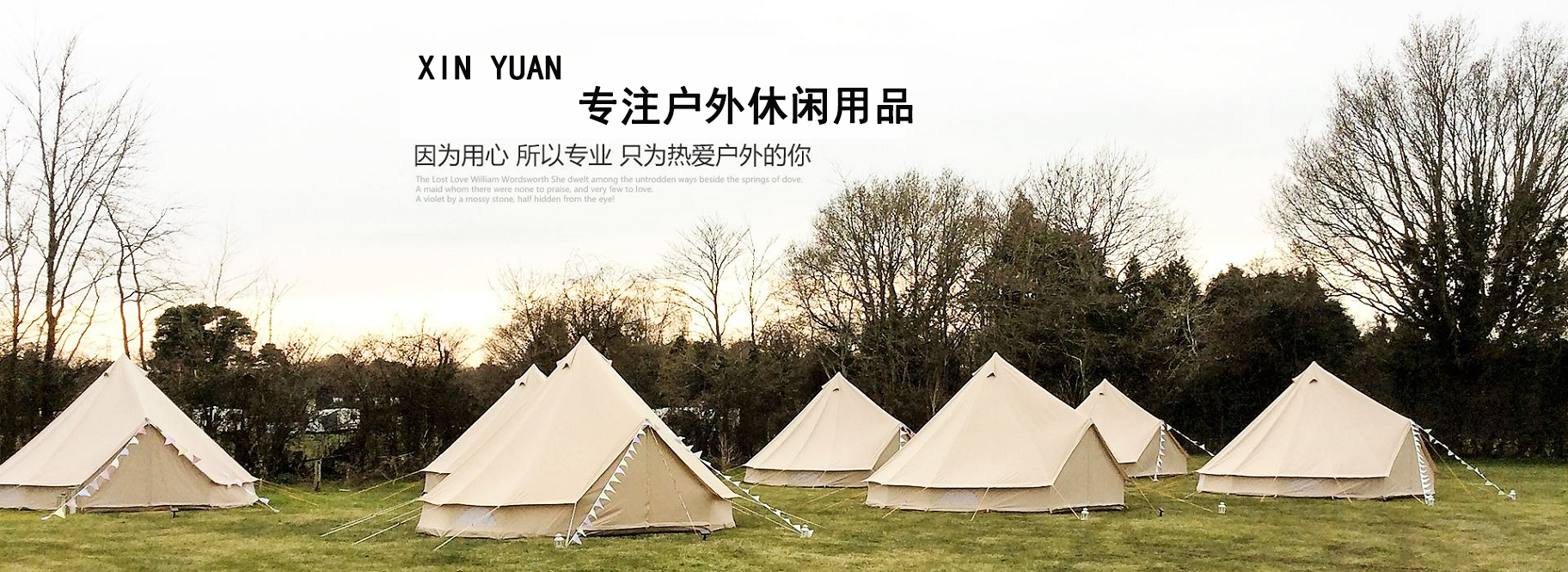Going camping? Be sure to see these basic knowledge for outdoor camping in spring and summer!
"With the temperature gradually rising, the real spring has come, and many places in the north are also beginning to feel warm. In the season when the grass is growing and the birds are flying, you may start to calculate the camping activities of your family and friends. What are the necessary skills for outdoor camping in spring and summer? Brother Fang will introduce some experience to you.
For outdoor camping enthusiasts, it has become a way of life for young people to travel through the mountains and waters of nature, be in the beautiful mountains, look up at the stars, release the pressure in life, and feel the fun of life in another way.
When you go outdoors, blend in with nature, and face some potential risks, we should be conscious and common sense to deal with emergencies. Next, we will introduce some essential equipment and natural common sense for outdoor camping in spring and summer.
How to choose a campsite
The first thing to consider is security. In the wild, many accidents can happen. In low altitude areas, although the risk is much less, the basic principles of camp selection must be followed.
1. Before setting up a tent, the terrain must be carefully surveyed. There should be no rolling stones, logs or weathered rocks above the camp. Once there are signs of scattered rocks nearby, you should never set up a tent again. Especially, pay more attention to the places near the rock walls, and try to avoid setting up camp in concave places. The camp should be close to the water source, which can not only ensure the water for cooking and drinking, but also provide water for washing. If the camp is far away from the water source, it will bring a lot of inconvenience, even danger, to the camp. However, in the deep mountains and dense forests, you will encounter wild animals close to the water source, so you should pay special attention.
2. Do not build camp in areas where mud rock flows are frequent. Many rocks have traces of being wrapped by soil, which is the main sign to identify the occurrence of debris flow. The camp should not be located too close to the debris flow channel.
3. Don't camp on the top of the mountain or on the open land in thunderstorm to avoid being struck by lightning.
4. In thunderstorm days, do not set up camp in the river beach, riverbed, stream side and valley area to avoid being washed away by the sudden flood. In many cases, the camp will be located on the ridge or on both sides of the river to enjoy the scenery. An ideal camping place is nothing more than a terrace or a broad river bank. The sandy land is flat and dry, and there is clear water flow along the valley, as well as flowing trees that can be used as fuel wood. When the climate is good, it is a good place to camp. However, if it rains cats and dogs, the water in the valley may suddenly surge, making the river bank submerged, washing away hiking shoes, food, etc., and even people.
5. Before camping in the wild in the rainy season, pay attention to the climate and hydrological conditions of the local campsite and the upstream area of the river. During camping, pay attention to setting up a tent on the highland a few meters above the water surface. Do not choose a rain channel, but choose a place with good drainage, and also choose an escape route in case of danger. When everything is settled, it is also necessary to pay attention to the water volume, turbidity and sound of running water. Late at night or when tired are the main causes of disasters, never be careless or careless observation.
6. The wind will quickly take away the heat of the human body, create cold for people, and even cause disease. At the same time, the strong wind will sweep away the tent, at least making people unable to rest. It is more difficult to light a campfire, and it is difficult to ensure cooking and heating. Therefore, the camp must take shelter from the wind. It is better to stay at the leeward of small hills, open spaces between forests or at the edge of forests, caves, the side of ridges and under rocks.
7. When building the camp, carefully observe whether there are footprints, feces and nests of wild animals around the camp. Do not build the camp in the area where there are many snakes and rats to prevent injury to people or damage to equipment and facilities. There should be mosquito repellent, insect repellent, scorpion medicine and protective measures. Scatter some plant ashes around the camp to effectively prevent the intrusion of snakes, scorpions and poisonous insects.
8. The camp shall be located in a place with long sunshine time as far as possible, which will make the camp warm, dry, clean and convenient for drying clothes, goods and equipment.
9. The ground of the camp should be flat, free of tree roots, grass roots, sharp stones and debris, and free of bumps or slopes, which will damage equipment or stab personnel, and also affect the rest quality of personnel.
According to the above, the following principles of "five no's" are summarized:
Do not be near the water to avoid rising water; Do not be under the cliff to avoid falling rocks; Do not avoid strong winds in high convex areas; Avoid electric shock under independent trees; Avoid snakes and insects in grass and trees.





